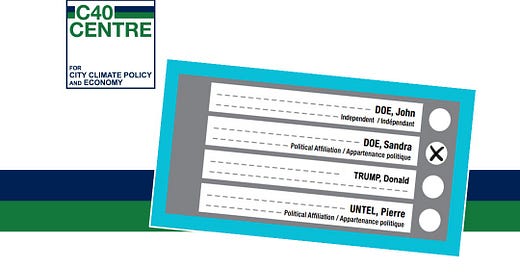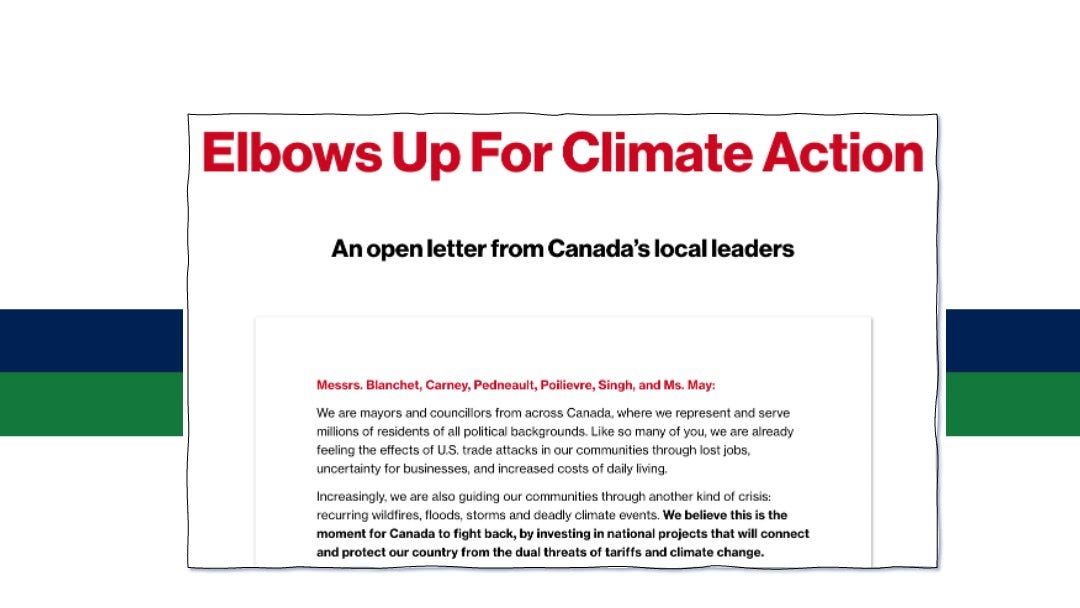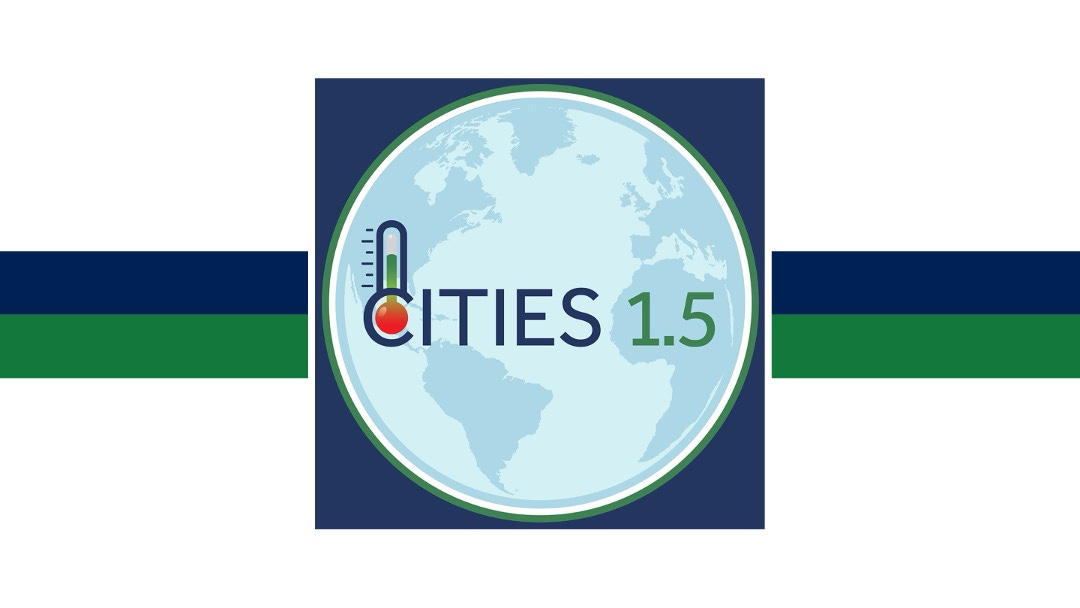Trump is on the ballot—in Canada
Unsurprisingly, opposing Donald Trump turns out to be good politics—in other countries.
Progressive leaders globally who are opposing Trump are benefiting politically, none more so than Canada’s new Prime Minister, Mark Carney. Prime Minister Carney is a perfect foil to President Trump—the former governor of both the Bank of Canada and the Bank of England, he understands the economy and economics, having led the Bank of Canada through its successful response to the 2008 crisis and the Bank of England through a challenging time for the United Kingdom 2013- 2020. He’s calm, has a generous sense of humour and there isn’t a hint of self aggrandisement. In the few weeks he has been in charge of the Liberal Party, Carney has led it to a resurgence in the polls. Prior to his arrival on the Canadian political stage, the Liberals had been trailing badly for at least two years to the Conservatives led by Pierre Polievre, a populist who has often tried to behave like Trump, allying himself to far right conspiracy theories. In the process the Liberals have marginalized Canada’s third party, the left-leaning NDP, the Quebec-based Bloc Quebecois, and the Greens.
There is no question that the turnaround is due to Carney’s competence, integrity and decency, but the underlying cause is deeper. It’s hard to overstate the profound impact of Donald Trump’s actions and threats to Canada and to Canadians. We have been shocked, blindsided by our closest neighbour who has ignored multiple treaties signed in good faith and relied on for over 35 years by Canada and Mexico. It is fundamentally disorienting to discover that you cannot trust the written word of a country with whom you have such close relations, because if you cannot trust that, what can you trust? And to be clear, this isn’t just because Donald Trump is a liar and a bully—it’s because his actions send a profound message that Canada and Canadians can never again trust the word of the United States: because no matter who becomes the next administration, there always could be another Trump. Given our close recent relationship—but with a past history of conflict and war—this inability to trust the USA is profound and will change Canada-USA relations for decades.
To be clear, it’s not about the threat of tariffs, although they will cause significant issues in the short term. Canada thrived before the US/Canada Free trade agreement of 1989, particularly the manufacturing industries of Southern Ontario and Quebec, and will again, if protected by Canadian tariffs. (Many towns and cities in southwestern Ontario lost industry and jobs to the USA in 1989 and 1990 and have never really recovered, but that’s a topic to delve into another time.) For 35 years our economy has been built on an assumption that most Canadian products could be sold in the United States without duties, and vice versa, and it is not possible in the short run to change this without costing significant numbers of jobs in both countries. The auto industry, for example, is completely integrated. The former rule, under the 1965 Auto Pact, was that if you wanted to sell cars in Canada, you had to build the same number here—a reasonable rule Canada could impose again, if required, but it will take time for the industry to adjust.
Canadian leaders were caught off guard initially, and made errors—as with Prime Minister Justin Trudeau going to Donald Trump’s residence in Mar-a-Lago, for example, where he was relentlessly mocked. But Trump’s mocking of Canada as the 51st state has backfired—at least here in Canada. Canadians are aghast at his illegal actions: seizing people off the street and sending them to immigration jail or to a concentration camp in El Salvador without any pretence of due process; his efforts at the extortion of law firms and intimidation of Universities, amongst many others, are giving his administration the feel and look of an authoritarian state. These actions, added to ever changing threats of tariffs—on which it is increasingly looking that he will yet again back down—have made it very likely that Canadians will vote in huge numbers for a man and a party they believe are best positioned to defeat the bully Trump by standing up to his threats.
Of course, there is a truism in politics that the only poll that matters is election day—and we have certainly seen that polls are not as reliable in modern elections as they were twenty years ago—but if Mark Carney and the Liberals win Monday’s election, they will have defeated Donald Trump just as much as the opposition in Canada. It's a lesson for centrist and progressive parties everywhere: opposing authoritarian lawlessness and intimidation isn't just the right thing to do, it's a winning strategy too.
Until next time,
🇨🇦 Canadian mayors and other local leaders unite to demand climate action
Ahead of the 2025 Canadian election that will be held on 28 April, Canada’s local leaders united in signing a letter demanding ambitious climate action from the federal government.
The full letter, titled “Elbows up for climate action”, can be found here.
Media coverage of the open letter can be found on the CBC and from CBC NN live.
🎧 The latest episode of the Cities 1.5 podcast
In this week’s episode, I speak to Mayor Spencer Coyne of Princeton, BC, Canada, about the devastating flooding that hit his town making hundreds of residents homeless—with some still living in temporary accommodation even now and others displaced and choosing not to return.
I also talk to C40 Cities’ own Jazmin Burgess, Claudia Huerta, and Giovanni Pagani, who present the benefits that climate-driven migration can actually bring benefits to our urban centres and why our cities need to prepare for–and welcome—people on the move.
📚 What we’re reading
: Last week I read Her Body and Other Parties by Carmen Maria Machado. A great title followed by an equally great set of short stories.
: Careless People by Sarah Wynn-Williams - a searing expose of Facebook, and by extension all US tech giants. It’s so good Facebook is trying to have it banned. A must read.
: I’m reading Six Records of a Floating Life by Shen Fu. It’s a short collection of movingly poetic essays about the life of a mid-level Chinese bureaucrat in the late 18th century. It was recommended to me with the premise I could finish it in a day. (I did not.)








